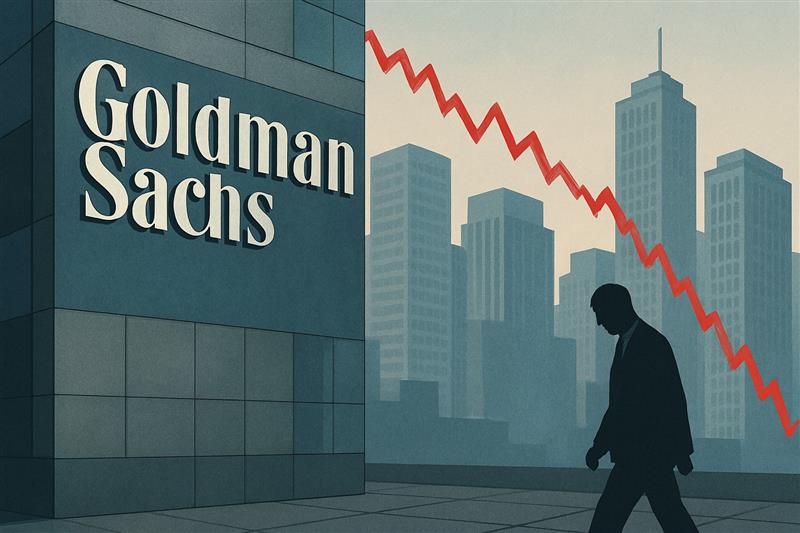Residents of Vilonia rallied together and successfully blocked the establishment of a crypto-mining facility, raising concerns over noise pollution, heavy energy consumption, and environmental damage. On April 25, Vilonia’s planning commission officially rejected the proposal, protecting the community’s quiet lifestyle.
Could Arkansas Spark a Nationwide Crypto Mining Crackdown?
Locals warned that the nonstop hum of mining fans and the strain on energy infrastructure would destroy the town’s peaceful atmosphere and increase electricity bills.
One resident shared they moved to Vilonia to escape noise—not live next to a crypto mine.
Vilonia, a prosperous Arkansas town, boasts a median household income of over $80,000—well above the state average. Its proximity to an Entergy substation made it an attractive target for Bitcoin miners seeking cheap, abundant electricity.
However, Vilonia has repeatedly resisted mining attempts, previously denying Vilo AR’s mining permit in 2023.
At the state level, Arkansas passed two laws in 2024 imposing tighter restrictions on crypto mining operations, and nearly passed a ban on mining near military bases.
This local and state resistance mirrors national movements, with similar opposition growing in places like Texas and Pennsylvania.
In Granbury, Texas, residents sued Marathon Digital, citing health concerns linked to constant mining noise, pushing Texas to tighten rules for miners registered under ERCOT.
Can Federal Rules Stop Crypto Mining Pollution From Spilling Across State Lines?
A peer-reviewed Nature Communications study found that crypto mining emits harmful fine particulate matter (PM2.5) across U.S. states, affecting nearly 1.9 million people.
Dr. Francesca Dominici’s research highlighted that the top 34 mining sites consumed 32.3 terawatt-hours of electricity—33% more than Los Angeles—with most of it derived from fossil fuels.
Pollution hotspots include New York City, Texas, and areas along the Illinois-Kentucky border, showing mining’s far-reaching environmental impact.
Since states cannot regulate pollution originating from outside their borders, researchers recommend the EPA implement a “Good Neighbor” rule to control cross-state emissions.
Lawsuits are also rising. In Pennsylvania, Save Carbon County sued Stronghold Digital Mining under the state’s constitutional right to a clean environment due to coal and tire burning operations.
On a global level, the IMF proposed an 85% tax on crypto mining electricity usage to raise $5.2 billion annually, highlighting growing international concern.
How Tariff Policies Threaten U.S. Bitcoin Mining Expansion
Aside from environmental concerns, U.S. crypto miners face new trade challenges.
President Trump’s policies could impose up to 36% tariffs on Bitcoin mining rigs imported from countries like Thailand, Malaysia, and Indonesia. For now, a temporary 90-day grace period keeps tariffs at 10%.
Since the tariff announcement, Bitcoin mining stocks have fallen 12%, sharper than the S&P 500’s 8% dip.
Mining companies are racing to import rigs before the higher tariffs kick in, while others, like Synteq Digital, explore relocating operations abroad.
Compass Mining remains committed to growing in the U.S. but urges swift clarity on tariff rules to protect billions in investment.
Frequently Asked Questions (FAQs)
Will mining companies target poorer towns if banned elsewhere?
Yes. As affluent communities block mining operations, companies may shift their focus to economically weaker regions with fewer regulations, risking greater environmental harm.
Would home-based mining solve noise and pollution problems?
While smaller-scale mining at home could minimize industrial noise and pollution, it might strain residential power grids, potentially prompting new regulations in the future.



